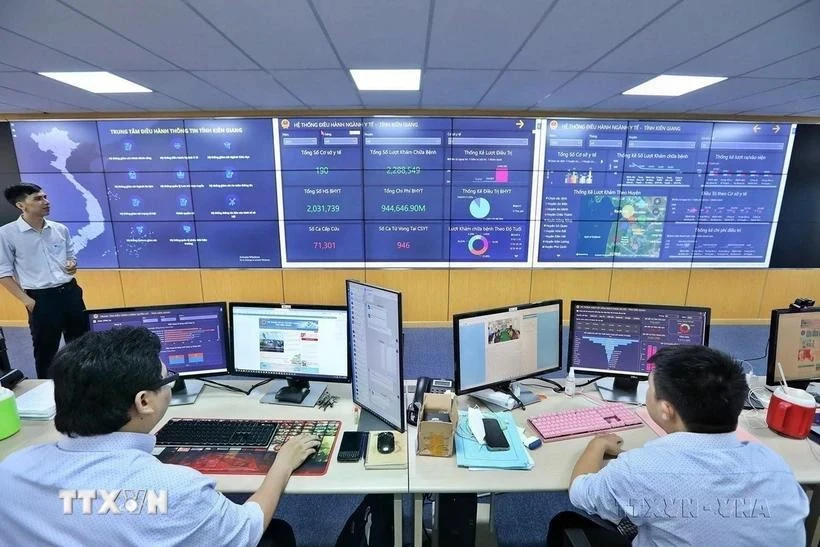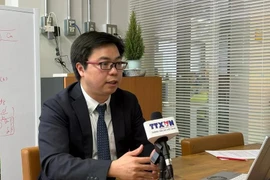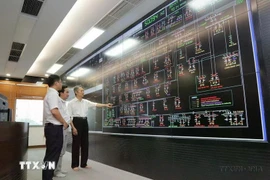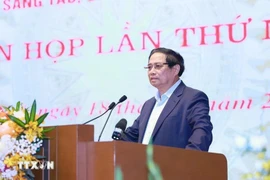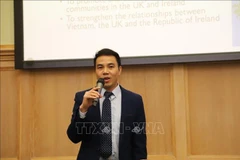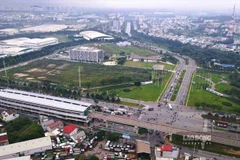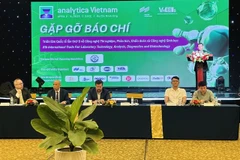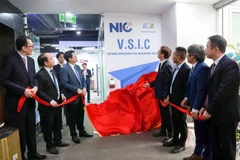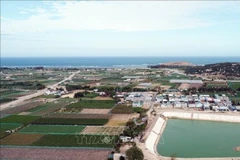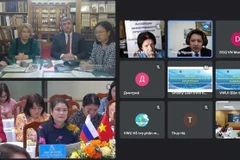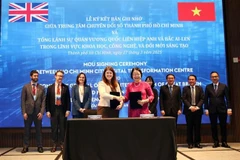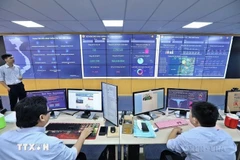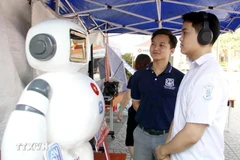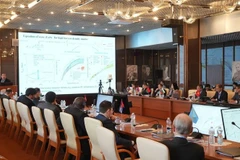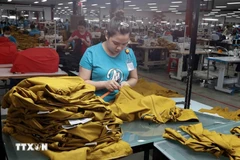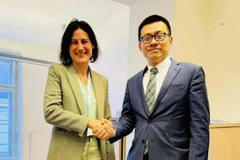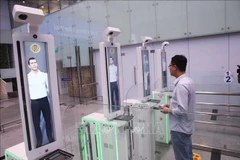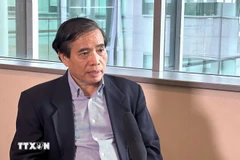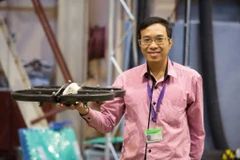Singapore (VNA) – In order to successfully implement the Politburo’s Resolution No. 57-NQ/TW on breakthroughs in science, technology, innovation, and national digital transformation, Vietnam needs a comprehensive plan, a long-term vision, and the active involvement of various sectors and economic stakeholders, according to Ha Son Tung, senior specialist and deputy head of the Advanced Optical Technologies Department under Singapore’s Agency for Science, Technology and Research (A*STAR).
In an interview with the Vietnam News Agency (VNA)’s correspondent in Singapore, Tung highlighted the role of the Government in bridging the gap between businesses and the scientific community, ensuring they look towards a common goal.
This common ground involves not only the understanding of innovation but also the practical implementation and coordination, he said, holding that this requires Government leadership in three areas - strategy, mechanism, and management.
Regarding strategy, Vietnam must identify key sectors for investment, said the expert, advising the country to adopt a right strategy for semiconductor and AI development to integrate into the global value chain, while ensuring a long-term vision to strategically invest in emerging fields with enormous potential, such as quantum technology.
For mechanism, this is an urgent matter to create a legal framework that stimulates the engagement of businesses and researchers, he said. A few years ago, Vietnam introduced flexible testing mechanisms, also known as "Sandboxes", for blockchain technology. This was one of the reasons for the explosion of blockchain applications in the country, with globally renowned startups like Axie Infinity and Kyber Network, Tung noted.
When it comes to management, the key is creating synergy between Vietnam's scientific researchers and businesses to produce projects with economic value.
Tung also cited lessons from the innovation journey of Singapore that has achieved outstanding economic and technological success over the past 50 years despite its limited resources. He pointed out that education is key to the country’s success, emphasising that Singapore has devised a long-term strategy to enhance the capabilities of their workforce, focusing on the areas of the market’s demand and vocational training.
Moreover, Singapore places great emphasis on attracting smart investments. With a low starting point, the city-state knew that attracting investments from global tech giants was the quickest way to boost its economy, he analysed, noting that Singapore outlined a clear roadmap, provided incentives for investors, while supporting companies operating in the country by collaborating on product research, and training local high-quality talent to gradually replace foreign workers in these companies. Furthermore, Singapore invests in practical, high-priority scientific research. Given its limited resources, Singapore prioritises research projects with high commercialisation potential, he added.

For Vietnam, the expert underlined that young Vietnamese intellectuals abroad represent a strategic resource for Resolution 57 and will be crucial to the country’s innovation efforts.
Many Vietnamese abroad hold key positions in critical global technology sectors and are keen to contribute to development at home. They can contribute to the cause of renovation in two ways - transferring advanced knowledge by actively participating in scientific and technological conferences, connecting Vietnamese universities and research institutes with international organisations to exchange the latest ideas and technologies, and using their international experience and knowledge of advanced technology to set up start-ups in Vietnam to drive economic development.
To further encourage these activities, Tung held that the Vietnamese Government must implement appropriate support measures. The first step is to establish mechanisms that promote innovation, scientific research, and the development of a favourable business environment with a robust legal framework for high-tech startups.
Furthermore, to attract contributions from the overseas Vietnamese intellectual community, the Government should create a conducive environment that allows them to contribute effectively and formally. For example, in the semiconductor and quantum technology sectors, if the Government establishes a research and practice centre meeting international standards, this will not only boost the growth of domestic semiconductor investment and manufacturing companies but also help train high-quality human resources. Moreover, such a centre will serve as a platform for renowned Vietnamese engineers and researchers worldwide to return and engage in professional and technical exchanges./.
